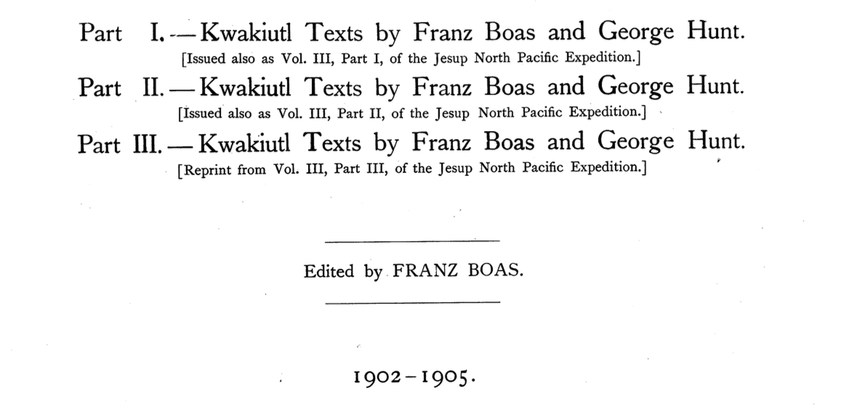
In my last post on Bauman and Briggs Voices of Modernity I explored their argument that Boas’s notion of culture makes it seem like a prison house from which only the trained anthropologist is capable of escaping. In doing so, however, I only really presented half of their argument. The book has two interrelated themes: One is a Foucauldian genealogy of the concepts of science, culture, race, language, and nation (as seen through the rise of folklore studies). The other is a Latourian exploration of the construction of folklore as a science. This is done by exploring how oral traditions were turned into texts, and thus evidence of traditional culture (however that was defined). Aubrey, Blair, the Grimm brothers, and Schoolcraft were each faced with hybrid oral texts whose own modernity (as contemporary documents) belied their perceived scientific value as authentic remnants of ancient cultures. For this reason the texts underwent tremendous alterations, if not outright fabrication, by these scholars in order to make them suitable for their own purposes. The book traces how these processes of entextualization were shaped by each scholar’s concepts of science, culture, race, language, and nation.
So where does Boas fit into all of this? Continue reading